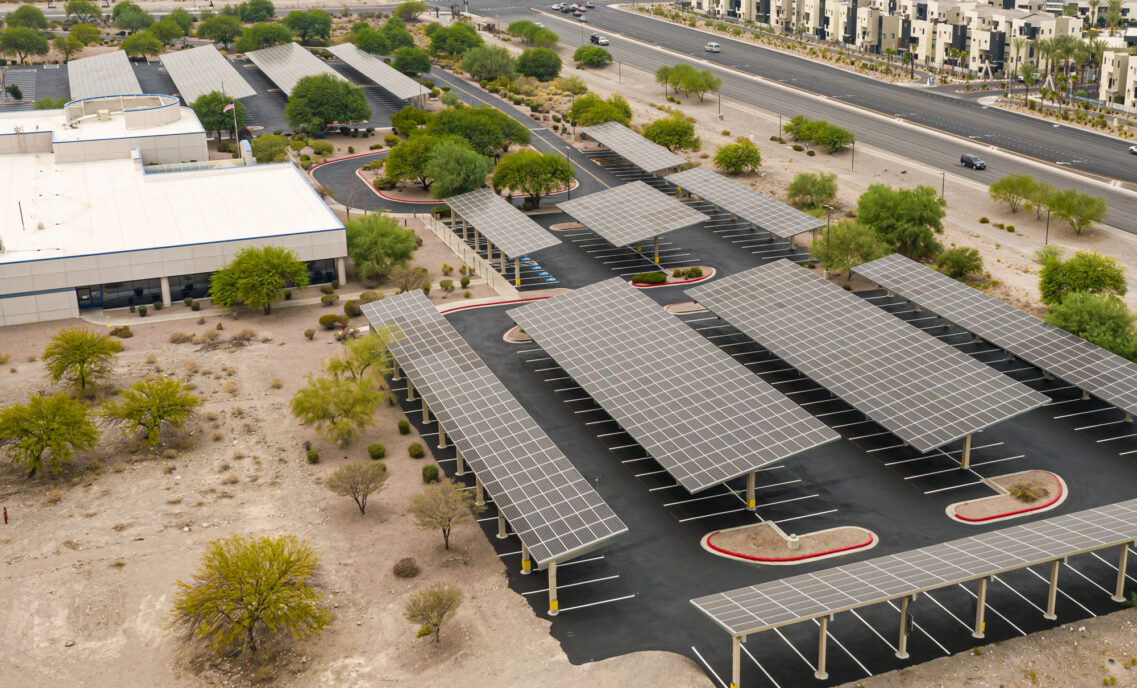Editor’s Note: The following was originally published on LinkedIn by Jeffrey Hogue, chief sustainability officer at Levi Strauss & Co.
Not every corporate sustainability action will grab headlines, nor should they. The landscape has changed considerably in recent years — for the better, I’d argue. There’s more rigor, more skepticism, much better data and a sharper focus on results than there was five or ten years ago. It’s become clear that real progress requires committed, consistent work that prioritizes impact, addresses the real-world implications of our operations and aligns with long-term business strategies.
And while the quieter, unflashy moves that occur “behind the scenes” might not be making major headlines, they’re just as critical as the big ones. They help us stay focused on our goals, execute against our plans, and deliver results over time.
With that in mind, I thought I’d use this space to highlight some of the more subtle initiatives we’re driving forward at Levi Strauss & Co., alongside our bigger swings. When added together, they demonstrate how we’re embedding sustainability across our operations, learning and adapting along the way as we work to drive progress across our three main sustainability pillars of climate, consumption, and community.
For now, I’ll call it #sustainabilityspotlight (but I’m open to suggestions about the name).
For example: many suppliers want to make their operations more sustainable but don’t have access to the capital they need to make changes in their infrastructure and processes. So, we’re collaborating with the International Finance Corporation (IFC) and their Global Trade Supplier Finance program to address the financing gap, helping suppliers that perform well on our Supplier Code of Conduct find the funding to strengthen foundational compliance measures – such as employee education on labor rights and chemical labelling. Over the years, we’ve refined our approach with IFC to not only improve compliance but also unlock broader sustainability initiatives, including renewable energy adoption.
Through this program, Epic Group — one of our key suppliers — has accessed more favorable financing by steadily improving their Code of Conduct scores and then used that funding to drive improvements in water use, energy efficiency and waste reduction at the factory level. Financing solutions like this are not one-size-fits-all, so it’s important we, as sustainability practitioners, take note of what’s working and how we can leverage those learnings elsewhere.
Read more about how the program supports suppliers here: https://www.ifc.org/en/stories/2025/behind-the-seams
And check back soon for my next #sustainabilityspotlight on the work we’re driving forward at LS&Co.
For more LS&Co. sustainability updates, visit Jeffrey’s LinkedIn page, and visit our sustainability page on levistrauss.com to check out recent sustainability efforts and progress.







